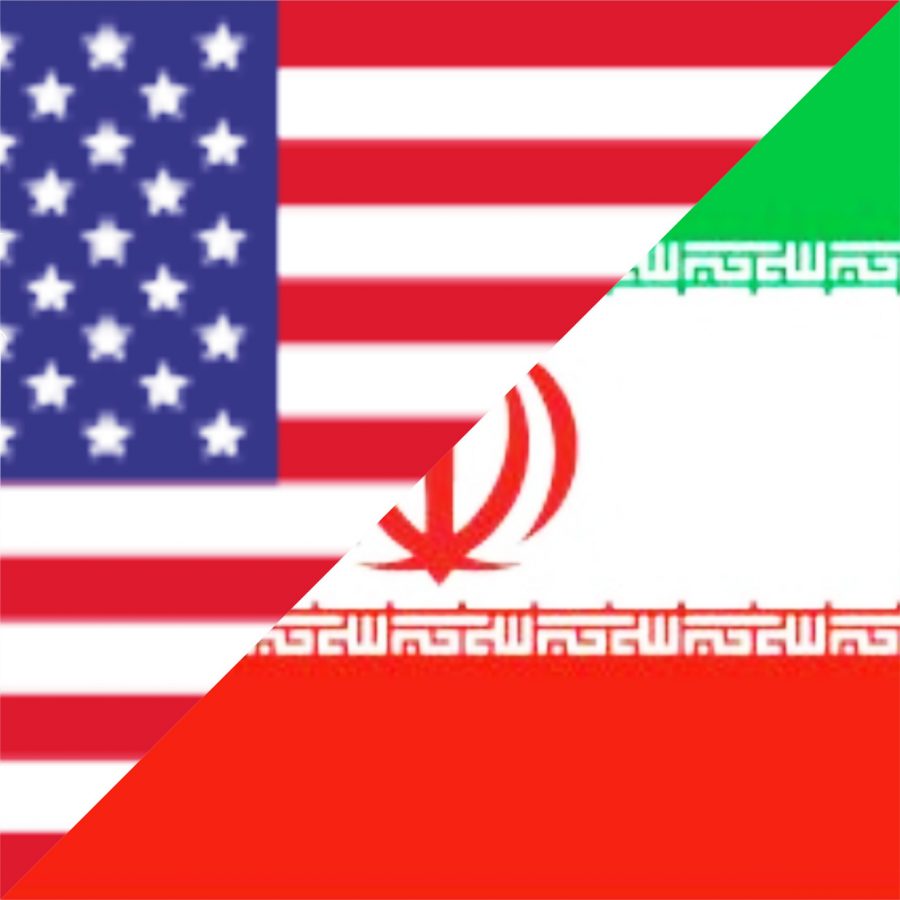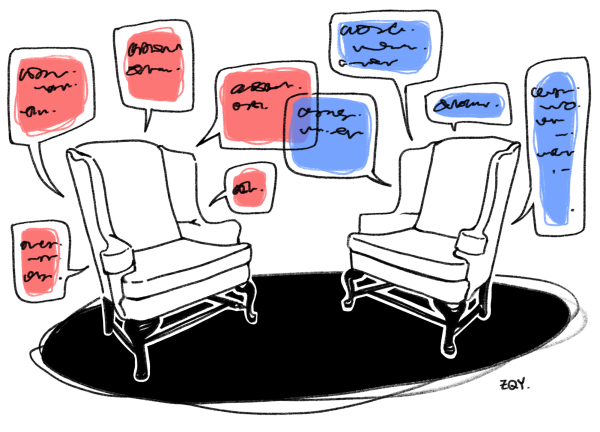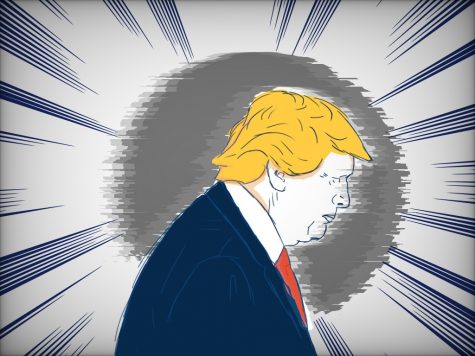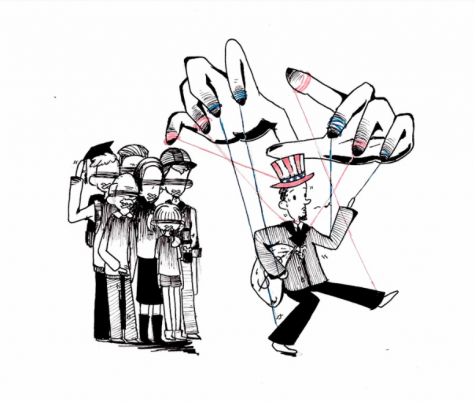Unnecessary and Unwanted: Trump’s Iranian Crisis
Former Iranian general Qasem Soleimani was recently assassinated through an American drone strike in Iraq. This killing has drawn criticism both from Democrats and foreign leaders like British opposition leader Jeremy Corbyn, but the Trump administration argues that the killing helped subvert the likelihood of war. The administration also claims that Soleimani was an “imminent threat” to Americans and that he was the number one supporter of terror prior to his killing.
Ultimately, however, these assertions have little backing; the assassination did nothing but aggravate Iran and set a dangerous precedent of violating international law. The killing was simply irresponsible and ill-advised.
Soleimani was a general of Iran, and therefore a state actor with much authority. To kill a general is an act of war, and to commit an act of war without a declaration is against the US War Powers resolution, a legal motion meant to check the President’s power of committing to war without congressional approval. Additionally, according to the international human rights statutes, a country may only kill in self-defense under extremely narrow circumstances. Trump has provided no evidence of Soleimani being an impending danger to the US, and can therefore not defend the killing as self-defense. If Trump wants other countries to abide by international law, he cannot simply disregard those laws himself.
The Trump administration’s proclamation of Soleimani’s “imminent threat” is also inconsistent at best. Soleimani was the leader of the Quds Force, a militia that has been labeled by the United States as a terrorist organization. But his death did not weaken the group or diminish the threat it presents; if anything, it strengthened the organization. The Quds Force has found a new leader who, on January 20, vowed to avenge Soleimani’s death “in a heroic way,” suggesting new attacks are being planned as retaliation.
Moreover, it is unlikely that the Quds Force was planning any attacks in the first place. There is simply no evidence. On January 3, Trump specifically stated that Soleimani was planning on “attacking four embassies,” including the one in Baghdad.
Yet the very next week, Mike Pompeo, the Secretary of State, told reporters that the US “didn’t know when and we didn’t know precisely where” the attack would be.
Following this obvious contradiction, Democratic Senator Chris Murphy tweeted, “Let’s be clear – if there was evidence of imminent attacks on four embassies, the Administration would have said so at our Wednesday briefing.”
After all of this came out, Trump, on January 13, tweeted that it “doesn’t really matter” whether Soleimani posed an imminent threat or not. Rather than offer a single story to the public, the Trump administration kept backpedaling on the issue to avoid criticism.
In addition to this fluctuating rhetoric, Trump’s claims that Soleimani was the number one sponsor of terror are mostly disingenuous. Soleimani can indeed be tied to American deaths in the region, but most of these deaths were indirect and during wartime. For example, during the height of the Iraq war, Soleimani trained men who eventually went into battle against American troops. To cite these American deaths as evidence for being the world’s number one terrorist is a stretch, to say the least.
What makes these comments seem even more insincere is Soleimani’s history fighting against Islamic extremists. Soleimani dedicated much of his forces resources to fighting against Al-Qaeda and the Islamic State of Iraq and the Levant (ISIS). He was dubbed the “new hero in the battle against ISIS” by multiple news organizations including the BBC and the Financial Times. To say that he was a huge sponsor of terror is deceitful considering his record.
Rather than benefit America in any tangible way, the killing of Soleimani has backfired on the US. America has broken international and domestic law, the Quds forces have found a new leader, Iran retaliated by attacking a US military base, and the killing has hurt the international perception of the US. In fact, a recent Gallup poll found that the world now sees the US as the number one threat to world peace.
The Trump administration has repeatedly spouted dishonest arguments regarding this killing. It has provided no evidence of an imminent threat and continues to claim Soleimani was a big sponsor of terror despite his track record against ISIS. This killing has done nothing but hurt the United States and should have never been approved by the president.











